I want to keep my reviews and essays free—like the hot dog chili at 711—but I need your support to continue doing so. $5/$50/$75. Help keep me off the streets and hunched over a computer, writing reviews of sexy Nicole Kidman movies.
There was a time when movie stars were feted for portraying people with disabilities in sentimental, big-budget dramas. In those roles, famous actors like Daniel Day-Lewis, Dustin Hoffman, and Tom Hanks—to name a few—won Best Actor Oscars for disappearing behind tics and speech impediments and other lazy stereotypes. Their performances are, at best, hammy, and at worst, offensive—or both.
Of course, this genre has not aged well. Have you rewatched Rain Man? Hoffman’s performance as a man with autism and Savant syndrome was hailed in 1988, but it now feels outdated. What seemed like a realistic portrayal now comes off as a collection of quirks that feel invented.
These movies represent a fascinating pop culture category, not because they’re complex but because they’re simplistic bedtime stories that ask able-bodied adults to accept people with disabilities, as long as they’re lovable like Tom Hanks.
But there was a good thirty years or so when an acting career could get jump-started or rebooted by playing a funny, difficult-but-endearing person with a disability. Leonardo DiCaprio snagged his first Academy Award nomination at 19 years old for playing a boy with a severe unnamed mental disability in 1994’s What’s Eating Gilbert Grape.
That same year, Jodie Foster tried for a third Oscar, playing a wild woman living alone in the North Carolina mountains who could only speak a strange language she invented. The movie was Nell, and Foster was the title character.
Nell is Foster’s contribution to Hollywood’s obsession with sappy feel-good movies about people living with illnesses, disabilities, and other challenges. The gambit paid off: she scored a 1995 Best Actress Nomination for her work (Jessica Lange won that year for the movie Blue Sky).
As Nell, Foster is a grunting, babbling, emoting hillbilly Eve, an innocent fully-grown feral child who loves dancing and amateur linguistics. Nell had a tragic upbringing. She was also completely isolated and self-sufficient.
A local doctor, played by Liam Neeson, discovers Nell. Foster is one of the greatest actors of her generation but Nell is written as a sort of noble simpleton in this movie, at first at least. This is problematic, but Neeson’s character wins the prize as the most “what the hell” character. His swaggering town doc is a creep widely unqualified to study or help Nell.
There are moments in the movie when I thought, I swear, “Oh, god, no, is this guy going to sleep with Nell?” and I’m going to answer that question, so get ready for 31-year-old spoilers. No, he does not. But that doesn’t make anything better. I think Neeson’s Dr. Novell could have banged Nell if he wanted, but he falls for a rival doctor instead, played by Neeson’s real-life partner at the time, the fabulous Natasha Richardson, R.I.P. It was the mid-90s, and sensitive men could also be inappropriate and/or gross, and no one would say anything about it.
I don’t know if you can tell, but I recently watched Nell for the first time. It does not hold up. But it’s not as horrible as, say, 1997’s As Good As It Gets, a movie that won its two stars, Jack Nicholson and Helen Hunt, Best Actor and Actress Oscars. That movie is about a racist, homophobic, and sexist senior citizen with OCD who somehow seduces a much younger single mom who is also beautiful and sassy, and smart. Nicholson’s OCD isn’t grounded in any understanding of the mental condition; it’s just an excuse for him to act cartoonishly neurotic. He’s rude and selfish, too, but he learns valuable life lessons. I think. As Good As It Gets is one of the most obnoxious Boomer fantasy movies ever made. So yeah, Nell isn’t as bad as a movie about obsessive-compulsive disorder made by people who don’t seem to know that’s what OCD stands for.
Nell is thoughtfully made by famed documentarian and seasoned filmmaker Michael Apted, who, five years later, is awarded one of Hollywood’s most prestigious prizes: a big-budget action movie. Apted doesn’t try to reinvent melodrama—his direction is straightforward. Most of all, he trusts his star.
Foster calls upon all her considerable talents to make Nell a real person, and she does as good a job as possible. Nell is so underwritten that the movie is about Neeson’s character. He’s the one with the real arc.
When we meet Nell, she’s scared and shouting gibberish. By the movie's end, thanks to his infinite patience, Neeson’s Dr. Lovell can translate her language to English in a rousing courtroom scene, where the modern world learns that Nell is brilliant. Lovell, however, transforms throughout the movie from a hard-headed heartbreaker to a nice guy who becomes, like, Nell’s uncle.
Nell exists so that Neeson’s doctor can grow. It’s a testament to Foster’s charisma that I care about Nell because the screenplay doesn’t. The screenwriters, William Nicholson and Mark Handley, don’t seem interested in their title character.
Lovell’s journey aside, there’s also a core question at the heart of the movie: Is Nell, you know, special? “Special.” I grew up during a time when that word, used to describe someone with a disability, was thought to be the height of sensitivity. Here’s another spoiler: Nell is not “special”; she speaks a different language.
This brings me to something that has been nagging me. Nell ends with an epilogue: one year later, Nell lives in the house she grew up in but is surrounded by loved ones, including Neeson’s and Richardson’s characters, who are now married with a child. This ending is a montage. We see Nell and her chosen family enjoy a picnic together from afar, but we never hear her talk.
This makes me wonder: during this year, did anyone teach Nell how to speak proper English? Does she have an interpreter? It looks like Dr. Lowell is busy. I genuinely hope someone sat her down and said, “It’s ‘tree in the wind,’ Nell, not ‘tay in the way.’” Does she get a job? Have a life? Meet someone?
I would watch a sequel to Nell that asks these questions. Here's a pitch: Annette Bening stars as Nell's long-lost sister, Belle, raised by nuns who took oaths of silence. Foster and Bening earned Oscar noms—Best Actress and Best Supporting, respectively—in Nyad, a hokey-but-inspiring 2023 sports drama about friendship and middle-aged excellence. I would love to see them together again in a movie that cannot fail at the box office.
Not producing a Nell sequel is Hollywood leaving easy money on the table. Nell 2: Return of the Chickabee. Nells. Nell Takes Manhattan. Jodie Foster stars as Nell, a 62-year-old former wolf girl-turned-defense attorney. There’s a serial killer on the loose in the mountains of North Carolina, and only one person can stop him: Nell. Nell In Space? I’m afraid the only realistic sequel to Nell would reveal her learning fluent MAGA-ese and sharing anti-vax memes on Facebook.
Or maybe she lives her days out alone, in that cabin, welcoming visitors now and again, swimming in the lake. That’s a nice thought. In the words of Nell: “Ma’ yo’ nay seen inna alo’sees. Yo’ aken af’a lilta-lilt.” That is so, so true.
New 150 Word Review: ‘A Working Man’ (2025)
Do You Want To Read More About ‘A Working Man’?
Of course you do. I wrote about action movies, old-school masculinity, and Jason Statham for Rolling Stone.
“But maybe “strong and silent” is preferable to modern men who constantly bitch and moan online about all the people who hurt their feelings. Can you imagine any of Jason Statham’s rugged one-man-army characters sitting down for a three-hour podcast with a blowhard?






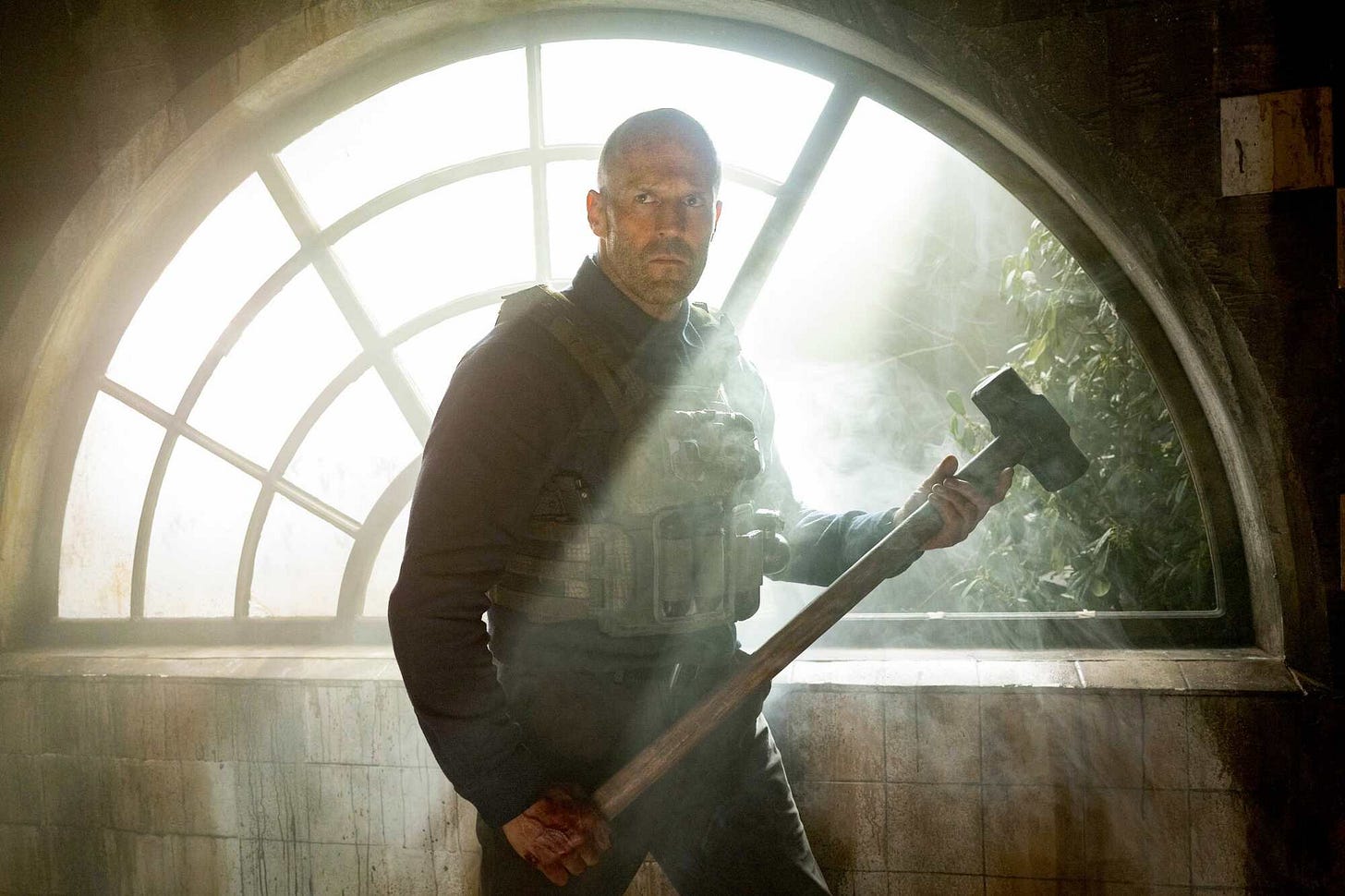

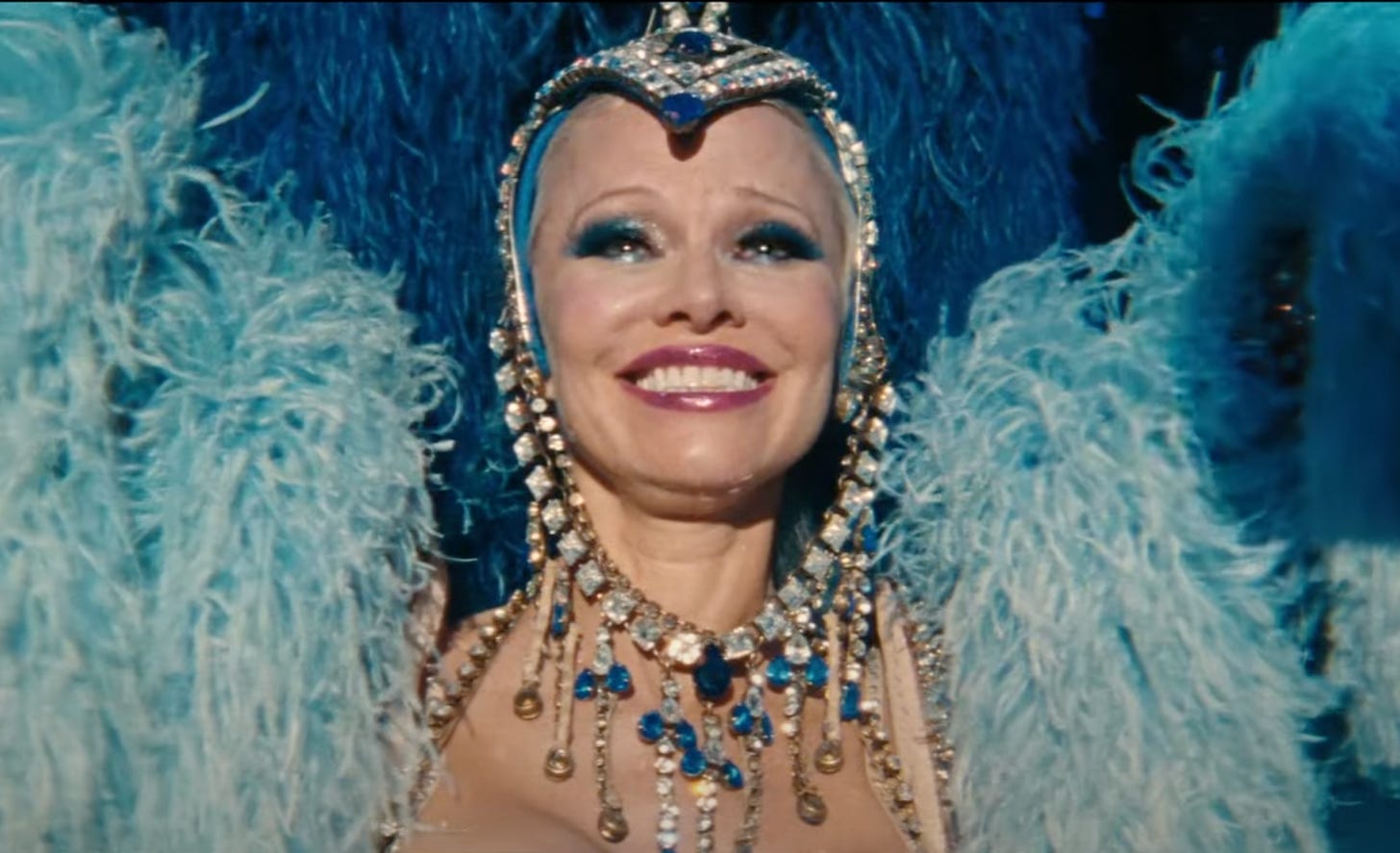
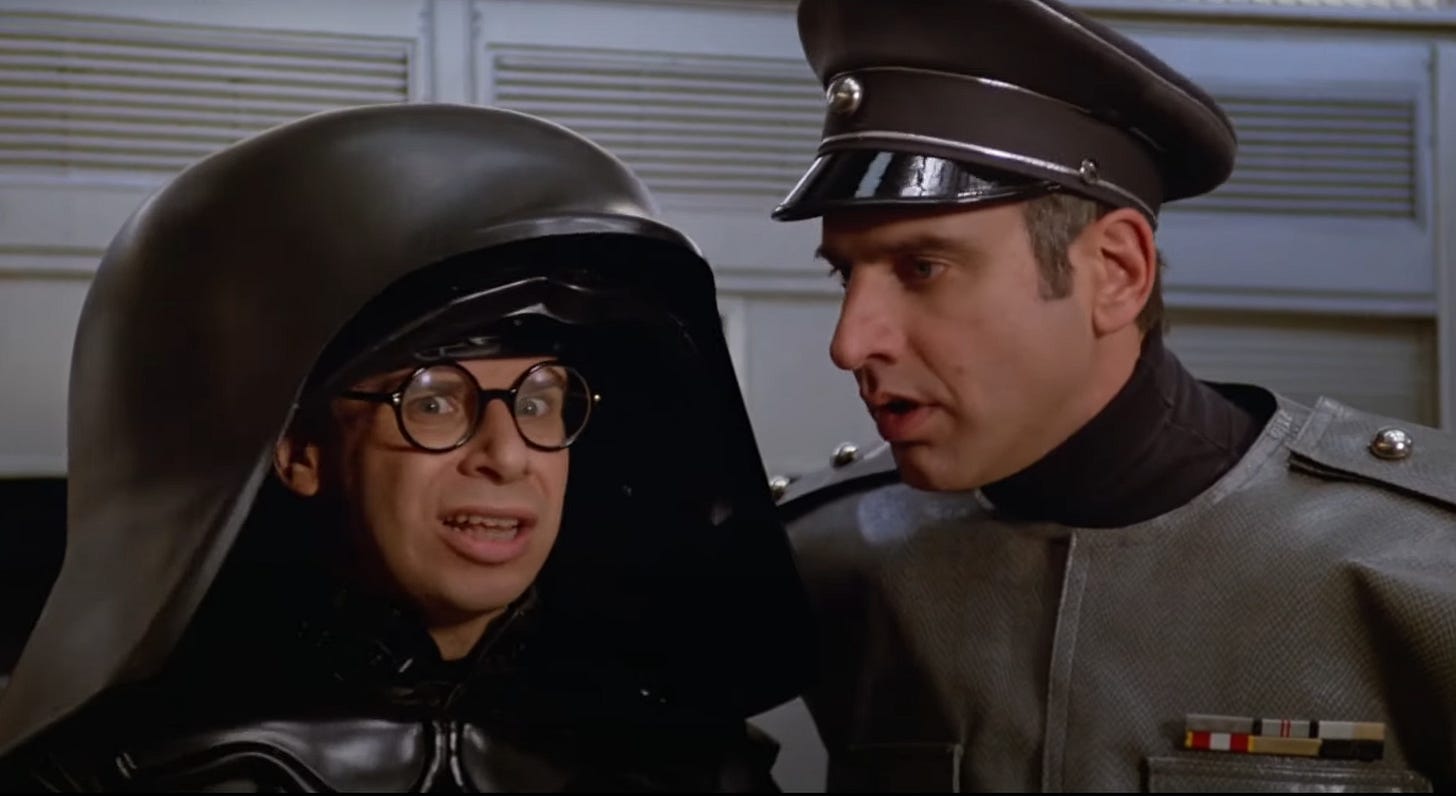
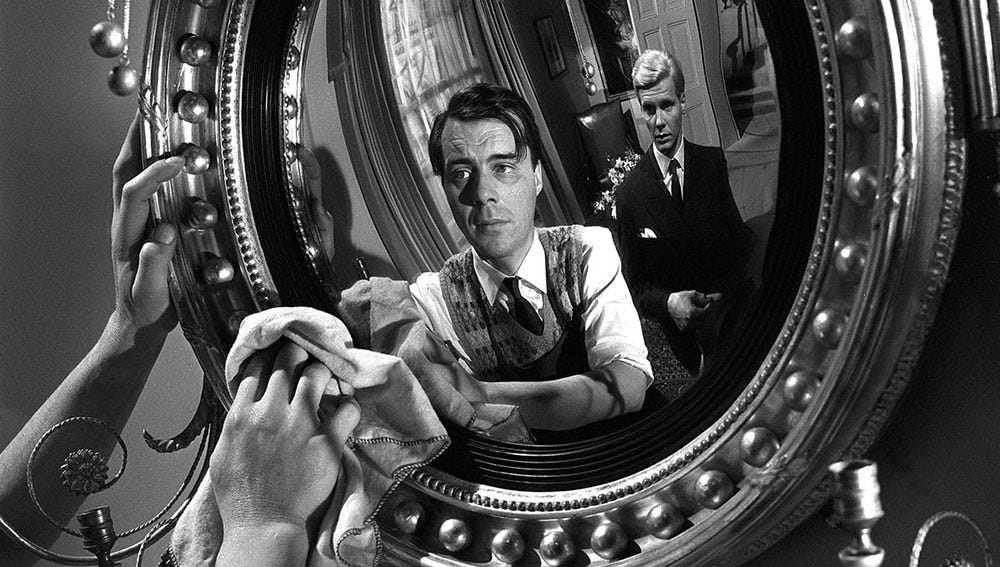
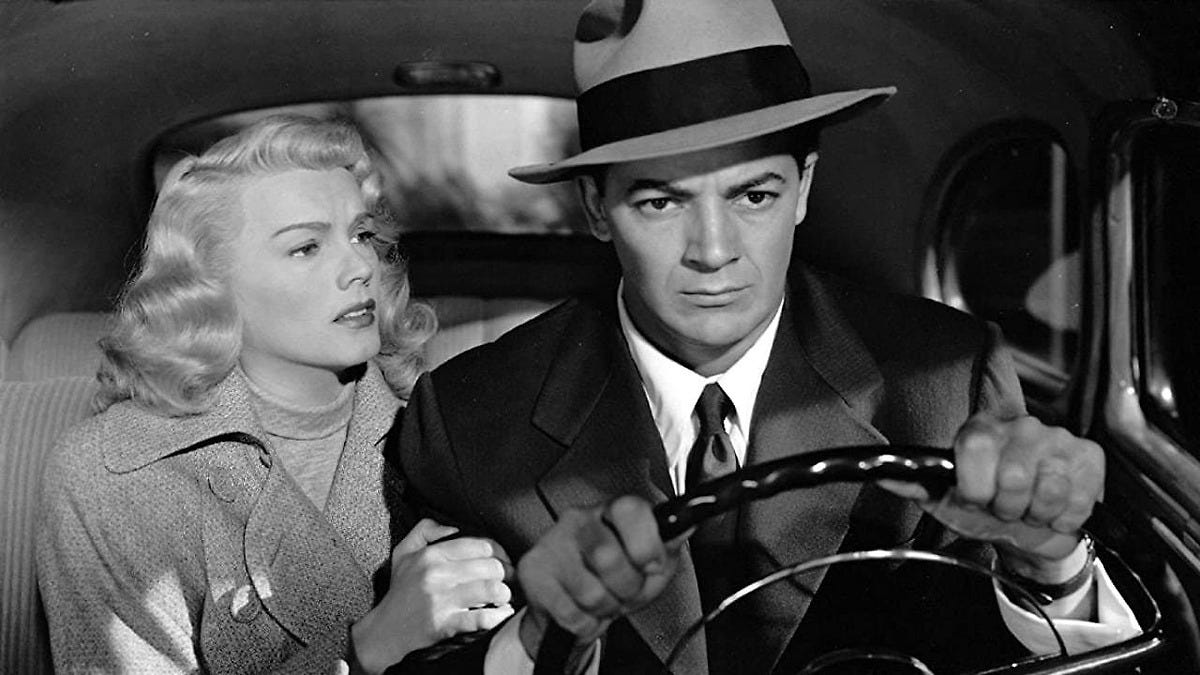

I have vague memories of not watching this on an airplane.
It began as a stage-play called Idioglossia first staged at the George St Playhouse in New Brunswick NJ (Rutgers land). Starred Joel Higgins (the dad in the 80s sitcom Silver Spoons)